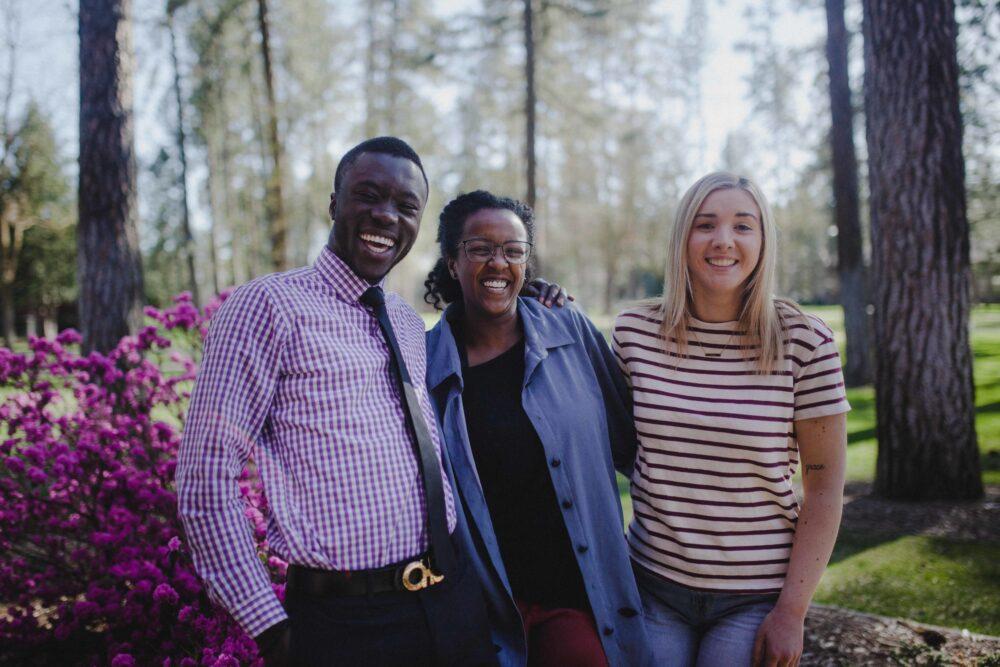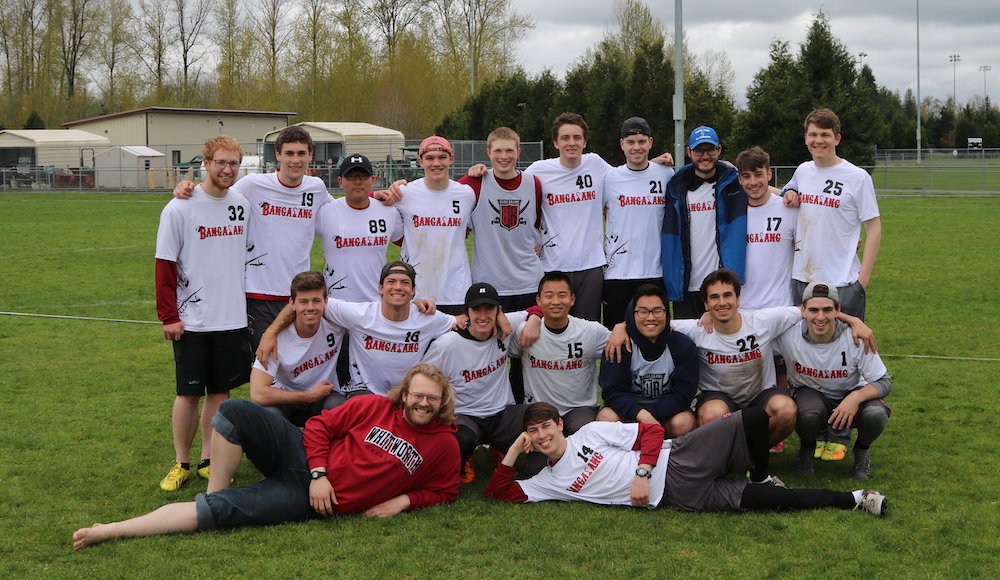Oftentimes, the hype surrounding a movie before release can be its undoing. Audiences form their own expectations, and trailers have to be careful in not being misleading lest it leads to outrage. Last year’s Star Wars film is a notable example of a movie with simply far too many assumptions and theories carried by audience members before the film’s release, resulting in controversy amongst audience members over whether or not the film delivered when it ended up being, for good or ill, a far different film than most expected. “Black Panther,” helmed by Ryan Coogler (“Creed”), is the 18th addition to the Marvel Cinematic Universe and a film that carries an unbelievable amount of expectations. It’s the first Marvel superhero film to boast not only an African superhero, but a predominantly black cast. The trailers certainly made it out to be something special. And early responses lauded it as one of the best superhero films ever made. So, the question is this: does Black Panther live up to the hype? To put it bluntly, yes, and then some.
The story takes place in Wakanda, a hidden African country untouched by colonization. The country’s monopoly on a substance called “vibranium” (the substance in Captain America’s shield) has allowed it to develop technology surpassing any other country on earth. One of the first things we are told about Wakanda is that it has remained isolationist throughout its existence; the interactions between it and other countries have been incredibly limited. The film’s hero, T’Challa/ Black Panther (Chadwick Boseman), becomes king of Wakanda following the death of his father in “Captain America: Civil War.” Right off the bat, T’Challa is faced with myriad challenges: should Wakanda remain isolated in this day and age? What does a globalist Wakanda look like? And what should one do about Ulysses Klaue (Andy Serkis), an outsider vibranium thief, and Erik Stevens (Michael B. Jordan), Klaue’s accomplice, who seems have an agenda of his own?
T’Challa’s story boasts an absolutely excellent cast all around. The supporting players—Nakia (Lupita Nyong’O), T’Challa’s former lover and spy for Wakanda, Okoye (Danai Gurira), the bodyguard of the king, Shuri (Letitia Wright), T’Challa’s sister and leading scientist, and Everett Ross (Martin Freeman), a CIA agent in pursuit of Klaue—are perfectly cast and played. There isn’t a weak member in the bunch; every character gets at least a scene or two where they’re given some depth thanks to Coogler’s smart scripting. Serkis also gets to have a ball as Klaue, finding the perfect blend of being both entertaining and despicable. Much of the weight of the film, however, rests on both Boseman and Jordan. I won’t spoil the plot—it is far different than what one would expect from a superhero film—but both of the actors are simply brilliant with the already fantastic material they are both given to work with.
The story itself is a timely and well-told one, running at a brisk pace without leaving character or clarity behind. A great deal of time is spent wrestling with difficult political topics, and the issues are presented in a way that’s interesting and completely relevant to the plot. The film doesn’t take any easy shortcuts with presenting controversial topics such as isolationism and globalization, either. Both T’Challa and Stevens are given intricate backgrounds and moments that make it easy to empathize with both even when they do butt heads. Stevens is a rarity amongst the Marvel villain lineup, a complex character with justifiable motives even as he goes about things in a violent, murderous way. This isn’t just a flat character for our hero to fight; he is essential to the story. This is a character who challenges the very essence of what the hero believes, making their conflict far more than just exchanging CGI blows.
On that topic, there’s no denying that “Black Panther” is a visual treat. Coogler is seemingly incapable of having an uninteresting shot as director; the film is absolutely gorgeous to look at. Wakanda from a design standpoint is brilliant, borrowing from many different aspects of African history to give the film a unique and eye-popping aesthetic. Technically, the film is virtually flawless. The soundtrack is also lovely, mixing traditional African music with hip hop beats and grooves that always compliment the scenes and give them energy without ever being distracting. This becomes especially noticeable during the film’s numerous, yet never repetitive action sequences. A standout scene towards the midpoint of the movie features a car chase set to a track off of Kendrick Lamar’s album inspired by the film. The beats give the chase a sense of rhythm and power, making it one of the most exciting action scenes to come out of a superhero film in awhile.
In terms of flaws, the film is almost miraculous in the way that it avoids the normal pitfalls of the superhero genre. Even the comedy is well-placed and never too excessive. Really, it all boils down to nitpicks: the CGI in a shot or two that could look better, a joke that didn’t quite land as well as it should have, a scene that maybe goes on just a little too long here and there. I really am having a hard time coming up with objective criticisms beyond just tiny, tiny things here and there.
Because, at the end of the day, this movie just works in every single way. The characters, acting, visuals and soundtrack are all excellent. There isn’t really any outstanding weakness, an achilles heel of any kind. Those who aren’t normally fans of the superhero genre may not be won over, but I would also argue that if any film displays the value of the genre, it’s this one. Not only is it a timely, relevant and thoughtful film, it’s also one of the best films Marvel has produced to date, if not the absolute best. The film is an achievement of artistry and writing within film. Blockbusters don’t really get much better than this. “Black Panther” is every bit an effective political drama as it is a superhero film. I give it the highest recommendation that I can.
10/10








